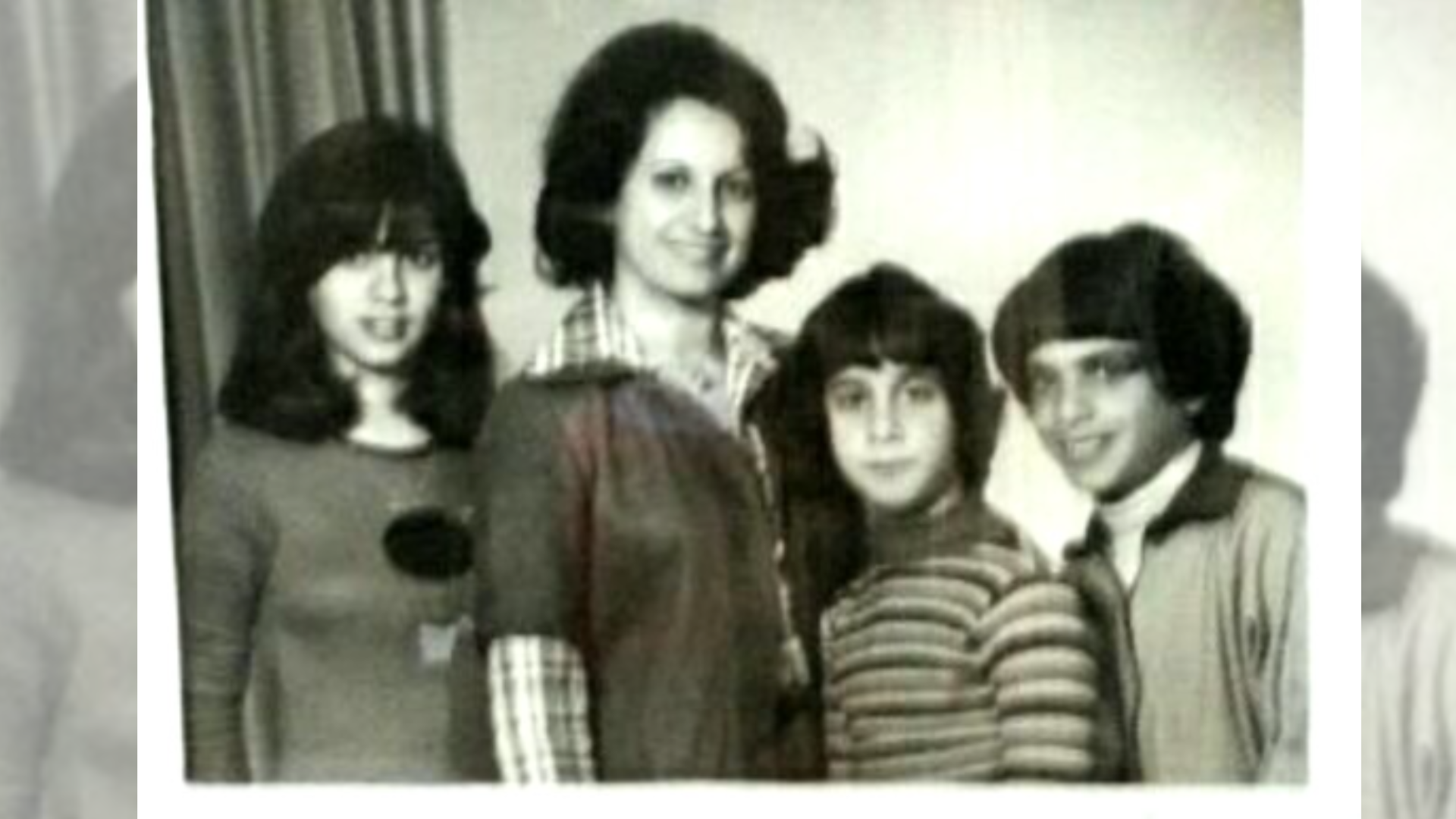To gain a first-hand understanding of the Turkish invasion of Cyprus, which marks its 50th anniversary this year, I spoke with a charming and vivacious Cypriot lady – Frederika Apokidou.
“Turkish troops illegally invaded the northeastern parts of Cyprus. As a result, 200,000 were forced to leave their homes ending up as refugees in their own country. 4,000 people lost their lives and 1,619 people were declared missing,” Frederika explained.
“50 years later, Cyprus is still being occupied and divided. Human rights have definitely been violated. A solution is pending for reunification of the island.”
Frederika lived in Cyprus until October 1974, which was a few months after the island’s invasion by Turkey, when she moved to Australia with her three children where she remains.
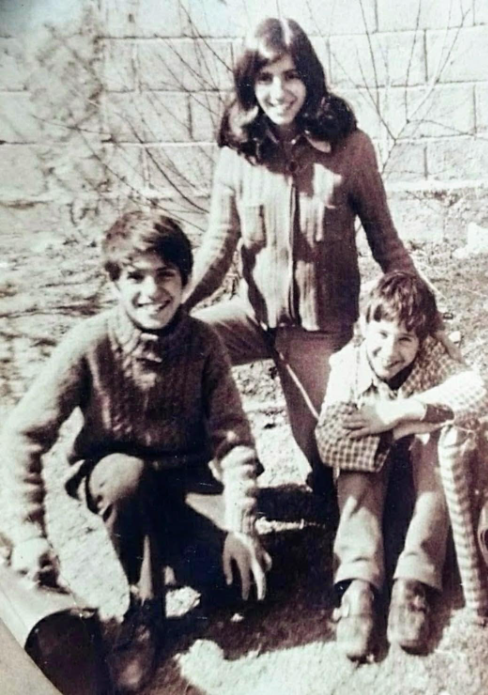
“The Australians were very polite people. This country gave me opportunities which I grabbed,” Frederika asserted.
She lived in the midst of socio-political and historical events unfolding until and during the 1974 invasion of Cyprus by Turkey.
“In 1974 things suddenly became scary – due to the Junta military coup in Greece, and the small extreme group (EOKA-B) in Cyprus who supported the Junta, prompting in-fighting between the Turks and Greek Cypriots. They demanded immediate ‘Enosis’ – for Cyprus to unite with Greece,” Frederika said.
Now divided since 1974, 37 per cent of Cyprus’ territory – the northern part – is illegally occupied by Turkey. ‘The green-line’ which divides Northern Cyprus from the rest of Cyprus has UN Peace Keeping Forces monitoring the area in case hostilities reignite.
“They are there to keep an eye on the communities although I was hesitant,” Frederika said, “When relatives eventually persuaded me to accompany them on a day trip to the northern part of Cyprus on the Turkish border in 1988, I was forced to show my passport to the Turkish guards – and that’s in my own birth country!”
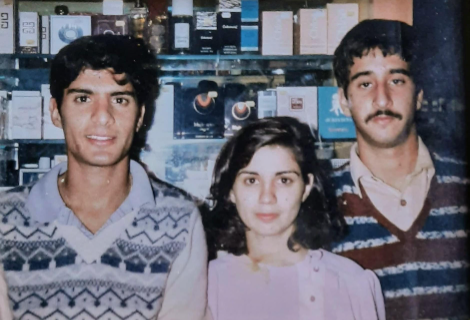
In her final year of High School in Limassol, Cyprus, from where Frederika hails, the British closed down the renowned Lanitio High School which she had attended for five years, due to student rebellions there in 1955.
“We got annoyed with the British rule then, but generally I don’t remember anything bad with the British administration,” she said.
And in terms of living amongst Turkish people in Cyprus, Frederika said: “Turks in Cyprus generally lived in their separate suburbs but also lived in parts of ours, such as in Limassol. They were generally friendly and peaceful. The political tensions caused a Turkish family – the father was a lawyer – to decide to leave for England. They lived next door to my girlfriend and gave her the key to their house to mind.”
On her life in Australia, Frederika claimed: “The main reason I succeeded in Australia was because I’ve worked hard and hardly looked back. I saw no point in doing so, not because I didn’t love my country, but I came to realise that one should put the past behind and always move forward. I immediately enrolled my kids at the local school in Melbourne, where they got a special English teacher to help with their English, and I then subsequently immediately went to work.”
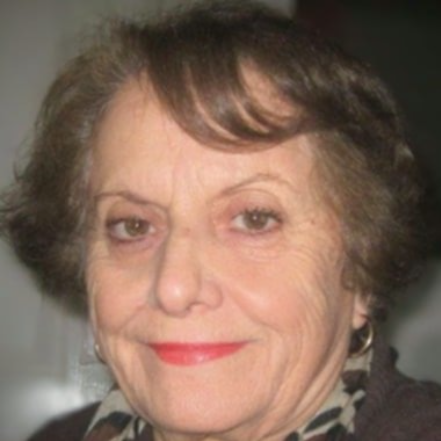
Smiling, Frederika added: “When I arrived, my first job was for a Cypriot importer. Then six months later, I got a letter from the Commonwealth Employment Office encouraging me to sit for exams with the prospect of getting a job as an Interpreter. In Cyprus we did four hours of English a week, so I wasn’t confident – but I passed the exam! After I’d passed the exam, I got a job as an Interpreter with the Victorian Education Department and at the same time I started an Associate Diploma in Interpreting and Translating at R.M.I T. University. A few years later I attended Melbourne University where I gained a Graduate Diploma in Education Administration. This led to work at The Equal Opportunity and Human Rights Commission.”
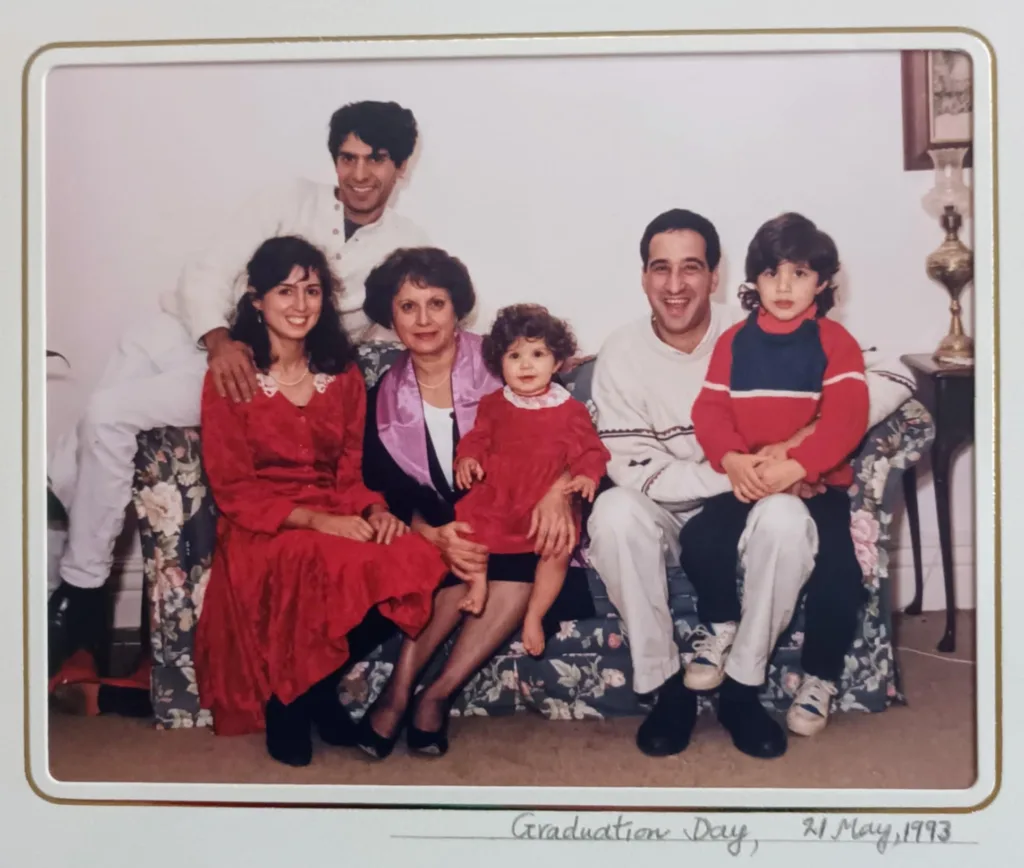
Frederika also successfully produced and presented a radio programme about Cyprus on a Melbourne Greek station every Saturday for almost five years, which gave her and her listeners great joy, but at the same time, it was reminiscent of Cyprus still being occupied.
“At 85 years old now, I still work as a Telephone Interpreter providing services to Services Australia. It’s a satisfying and rewarding experience for me,” she concluded.
“I’ve been through a lot in my life, including losing my beloved daughter Anna for whom I’m still grieving. I enjoy having my children and grandchildren around. I’m generally happy and grateful living in this great country, Australia.”
